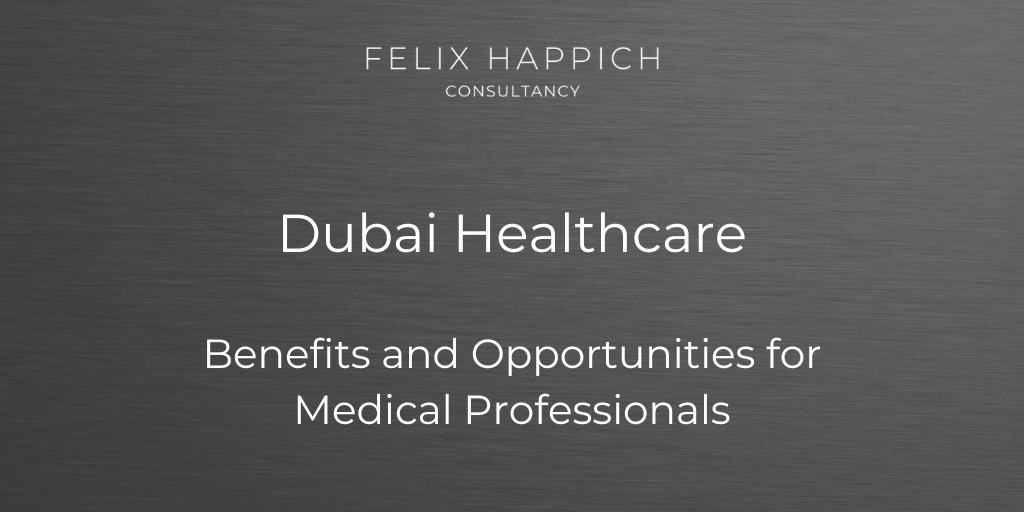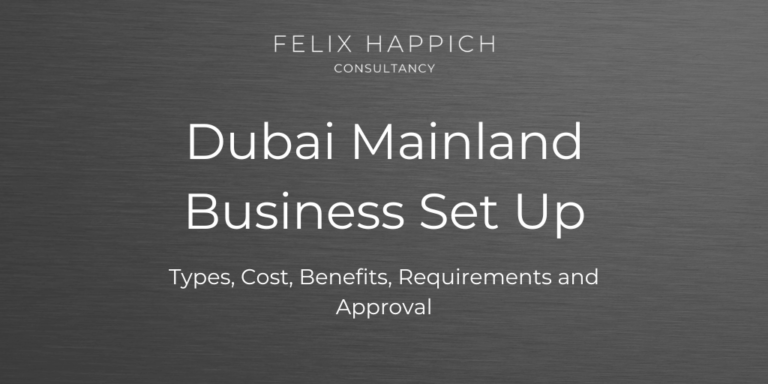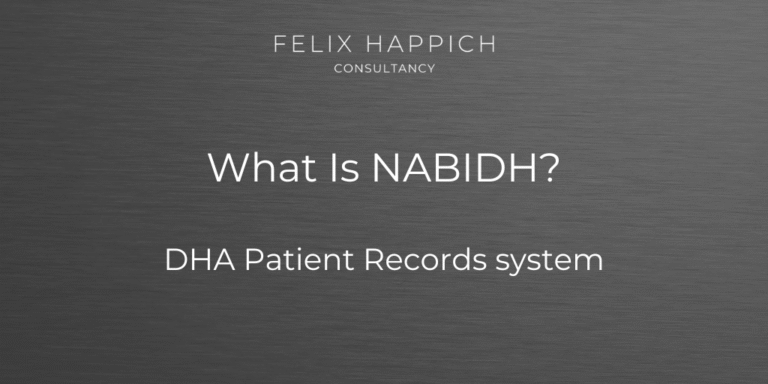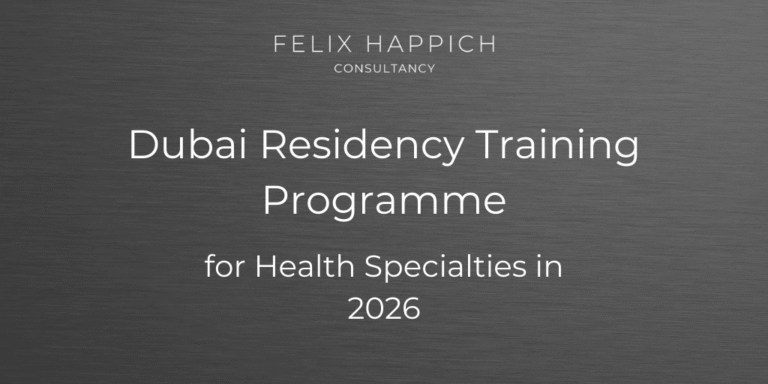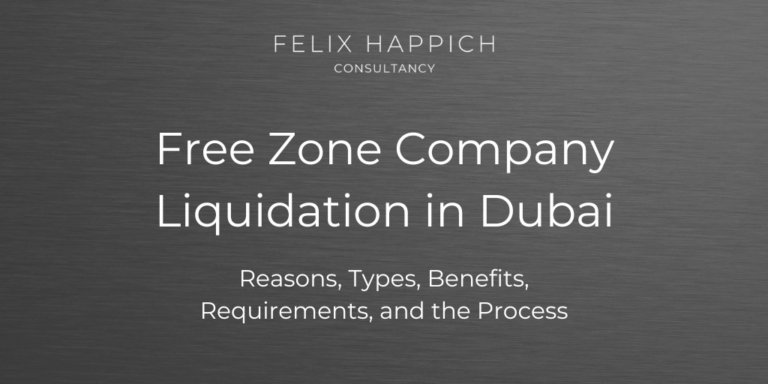Dubai’s healthcare sector is growing quickly, which offers significant benefits for professionals who want to build rewarding careers. The DHA license enables healthcare workers to directly participate in an expanding ecosystem, which recorded a 12% year-on-year growth in registered healthcare facilities, reaching 481 by 2023, as per Dubai Healthcare City (DHCC) reports.
This expansion, on top of having 130 regional offices of international healthcare companies, creates a busy environment for licensed professionals. The growth can be judged from the massive increase in the healthcare workforce in Dubai between 2019 and 2023, which grew from 39,548 to 58,788 as per the DHA reports, underscoring the increasing demand for skilled healthcare professionals.
Medical professionals benefit not only from the rising health sector but also from the work-life balance of the Emirate that enhances their quality of life. Additionally, tax-free earnings also provide a significant financial advantage, on top of additional perks such as free transport, gym access, and meals.
For those with families, child care services are often available, which makes it easier to balance work and personal life. Furthermore, healthcare institutions clearly show continuous professional development through educational programs.
In alignment with the Dubai 2040 Urban Master Plan, which allocates 25% more land for healthcare development, licensed practitioners gain access to innovation hubs like C37, where medical procedures tripled in one year. Dubai is also welcoming digital health advancements, such as AI-driven medical claims systems set to enhance clinical and operational efficiency by 2025.
This integration allows healthcare professionals to build a strong reputation in the rapid paradigm shift. Some of the main benefits for medical professionals in the Dubai Health Sector are provided below:
- Tax-Free Earnings
- Dubai Health Card
- Integration into the Diverse Healthcare Ecosystem
- Seamless Medical License Transfer Services
- International Recognition
- Access to an Extensive Patient Base
- Free Transport
- Free Food
- Child Care
- Remote Work Opportunity
- Educational Assistance
- Legal and Ethical Standards
Tax-Free Earnings
Dubai provides a tax-free environment by having no personal income tax for healthcare workers, legally retaining their entire salary under Federal Decree-Law No. 47 of 2022 on the Taxation of Corporations. However, the tax applies to individuals who operate a licensed business generating over AED 375,000, which is 9% of the total earnings.
This makes the emirate attract skilled professionals worldwide and benefit from a supportive work environment and financial advantages. This appears from Dubai, which is the 4th most preferred city globally for professionals, in the report “Decoding Global Talent 2024,” where tax benefits were amongst the ranking factors, as reported by BCG in collaboration with The Network and The Stepstone Group.
Dubai Health Card
The Dubai Health Card provides significant benefits by offering subsidized access to healthcare services at all Dubai Health Authority (DHA) hospitals and clinics. Holders receive reduced rates for general consultations, emergency treatments, laboratory diagnostics, and specialist care.
The card is available to both UAE nationals and residents, making public healthcare more accessible. With a one-year validity and easy renewal, it ensures ongoing medical support. The application is simple, either online or at DHA centers. Importantly, the program is supported by Federal Law No. 11 of 2013, ensuring that healthcare services remain affordable, regulated, and of high quality.
Integration into the Diverse Healthcare Ecosystem
After getting the DHA facility license, healthcare investors have strategic access to Dubai’s growing healthcare ecosystem. Dubai Healthcare City (DHCC) recorded a 12% year-on-year growth in registered healthcare facilities, reaching 481 in 2023, reflecting the city’s expanding infrastructure.
Additionally, the presence of 130 regional offices of international healthcare companies fosters a dynamic, collaborative environment for licensed professionals. Between 2019 and 2023, the healthcare workforce in Dubai grew from 39,548 to 58,788, driven by educational programs meeting rising service demands.
Along with this, Licensed professionals benefit from alignment with Dubai’s national planning, such as the Dubai 2040 Urban Master Plan, which designates 25% more land for healthcare development.
They gain access to innovation hubs like C37, where procedures tripled in a year, and to digital advancements such as AI-driven medical claims systems, set to enhance clinical and operational efficiency starting in 2025. This integration positions healthcare professionals for success in a fast-evolving medical landscape.
Seamless Medical License Transfer Services
Dubai offers a seamless medical license transfer system through the unified National Licensing Platform, created by MoHAP in coordination with DHA and DOH health authorities, which enables the standardized digital transfer of licenses across the UAE.
This system has reduced bureaucracy and enabled processing times as short as 1–2 days for active licenses and up to 15 days for evaluation letters. The system does not ask for re-examination if the documentation is complete.
The Dubai licensing system, which operates through the Sheryan digital portal, is known for its speedy licensing process and transparency in the workflow.
These features position it as one of the most efficient in the GCC, aligning with Dubai’s global smart city ranking (4th in IMD Smart City Index 2025) and the city’s expanding healthcare investment initiatives, including a projected AED 1.03 billion in DHCC Phase 2 infrastructure.
International Recognition
Dubai’s healthcare system offers international professionals a huge opportunity in the shape of international recognition, allowing them to work across borders after qualifying for the specific test. Dubai’s international healthcare recognition is reinforced by its influence on healthcare accreditation. For instance, 214 facilities are accredited by the Joint Commission International (JCI) as of 2023.
This enhances the credibility of the DHA license and attracts global talent. This recognition is also highlighted in the 5th rank of Dubai in the services facilities sector in the Global Medical Tourism Index, reported by the International Healthcare Research Center (IHRC).
Access to an Extensive Patient Base in Dubai
Dubai provides healthcare professionals with access to a mix of international patients. The city has over 85% expatriates from 200+ nationalities, which creates the need for doctors who speak the required languages and understand different cultures. On top of that, it also benefits medical professionals with exposure to different kinds of cases.
The city has attracted over 691,000 international medical tourists, according to the report by the Dubai Health Authority (DHA). This highlights the rapid growth and opportunities in the sector compared to the 674,000 tourist patients in 2022.
Free Transport
Free transport in Dubai’s healthcare sector offers free shuttle and ambulance services. The usage rises in 2023 with the attendance of 235,000 emergency calls as per the reports of Dubai Corporation for Ambulance Services (DCAS). The Dubai Health Authority (DHA) provides this service for emergencies and helps people, those with low income, or those who cannot move easily.
At the same time, mobile units serve workers in labor camps and people living far from the city, while medical tourists often receive airport or hotel transfers. These efforts reduce delays and help patients stay connected with their doctors. They also support rising healthcare demand across Dubai’s urban zones and reflect the city’s commitment to equitable, convenient, and good medical care delivery.
Free Food
Free food in Dubai’s healthcare sector is usually provided to patients who are admitted to a hospital and stay overnight or longer, particularly in government hospitals under the Dubai Health Authority (DHA). These meals support recovery and meet patients’ nutritional needs to support overall treatment.
Some private hospitals also include dietary meals within specific treatment packages. Additionally, for medical tourists, free food without extra charges is mostly added to wellness plans based on each person’s health.
Overall, the UAE’s healthcare expenditure is growing at a CAGR of 10% as per the reports from the government portal Invest in dubai, with initiatives like Nutri-Mark specifically regulating food quality. Public health bodies like Emirates Health Services promote nutrition education, reminding people why good nutrition matters in hospitals and clinics.
Child Care
Child care in Dubai is becoming one of the main focuses of the healthcare system. The emirate takes various initiatives, and one of the main ones includes an 8-year partnership with Children’s National Hospital (USA). The care mainly includes routine checkups; however, it also offers specialized pediatric treatments.
Facilities under the Dubai Health Authority (DHA) and private hospitals provide high-quality pediatric care, vaccinations, and emergency services. Many include child-friendly amenities like play areas, pediatric wards, and even daycare options, especially in residential and business areas, supporting both care and convenience for families.
Remote Work Opportunities
Dubai is actively updating its remote working regulations to enhance workplace flexibility and inclusivity, with new remote working rules effective from April 2025 in Abu Dhabi, likely influencing Dubai’s policies as well. The remote healthcare workforce includes telemedicine services and telehealth centers (17 telehealth centers as of 2022), which inherently support remote healthcare delivery and potentially enable remote work for some healthcare roles.
Overall, in the Gulf region, remote work is growing rapidly, with projections estimating that remote workers could constitute 52% of the total workforce by 2025, up from 35% in 2022. This growth is supported by increasing investments in ICT infrastructure, which also benefits sectors like healthcare.
Educational Assistance
Dubai’s healthcare institutions support work-from-home for eligible roles. Administrative staff, medical coders, and telehealth providers often benefit from RCSI-Dubai Education and Training at Dubai Healthcare City (DHCC), RCSI-Dubai providing education with collaboration to healthcare providers like PureHealth, Emirates Health Services, and Johnson & Johnson.
It has graduated over 2,000 healthcare professionals working across both public and private sectors in the UAE. Along with this, the DHA’s Department of Medical Education (MED) runs the Dubai Residency Training Program (DRTP), a structured postgraduate program started in 2006, designed to bridge the gap between undergraduate medical education and specialized medical professions.
DHA also facilitates ethical standards and research methodology understanding through the Dubai Scientific Research Ethics Committee (DSREC), which supports medical and non-medical professionals conducting research in DHA-affiliated health facilities.
Compliance with UAE-Specific Legal and Ethical Standards
DHA regulates Dubai’s healthcare under UAE law. Its NABIDH system protects patient records using encryption, consent forms, and security checks. UAE rules say records must be stored for 25 years. Breaking that law can lead to fines up to AED 1 million.
This compliance with UAE regulations increases operational integrity and patient trust across the emirate’s expanding healthcare sector. Additionally, the DHA Medical Liability Committee ensures the implementation of Federal Law No. 4 of 2016 on Medical Liability. It investigates the issues and offers solutions within the legal boundaries.
Also, doctors, nurses, and pharmacists need a DHA Medical license to work in Dubai healthcare. This compulsion of license matches the national laws from the Ministry of Health and Prevention.
How Felix Happich Helps Healthcare Professionals Work in Dubai’s Healthcare System
Many qualified healthcare professionals fail to enter Dubai’s healthcare market due to DHA licensing errors, delays, or missing documents. These issues block job offers and waste time. Felix Happich provides professional licensing services, removing barriers by managing eligibility checks, PSV, exams, and DHA approvals, enabling professionals to work legally and faster in Dubai.

